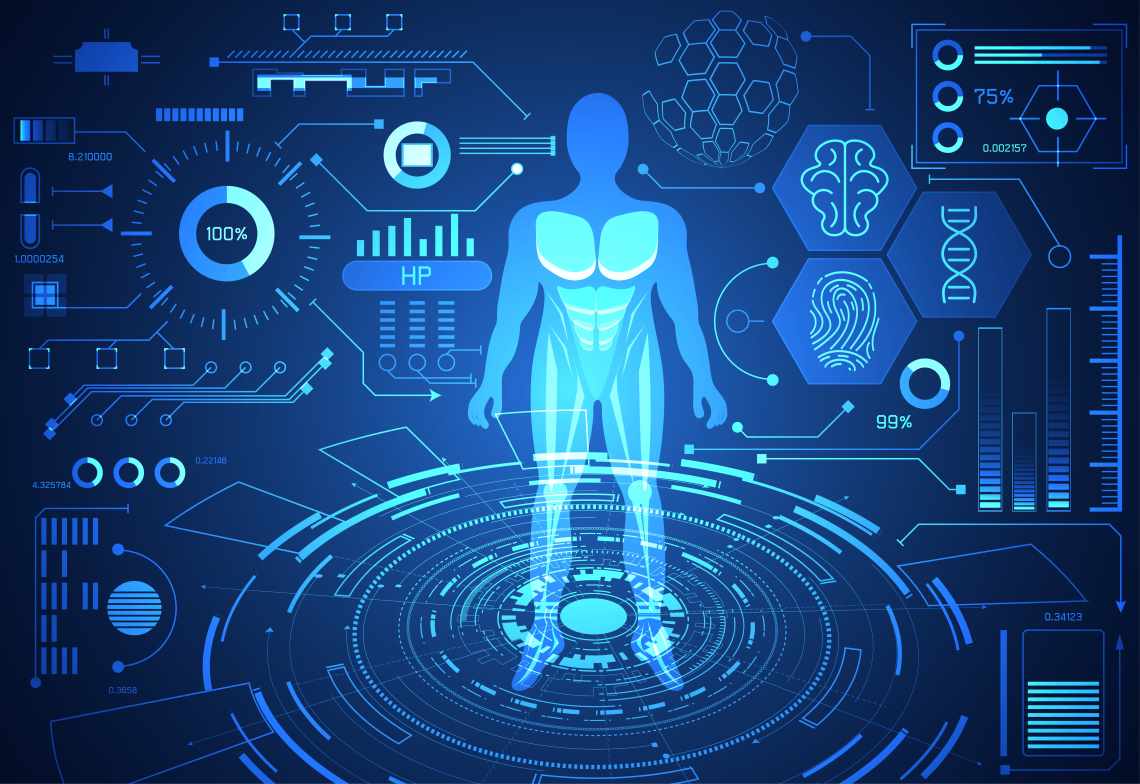- Improved Compliance
- Real Consumer Engagement
- Enable Digital Reorder
& Replenish
Digital Health and IoT Devices
The healthcare industry is starting to transform right in front of our eyes. Pen and paper have been the method of choice for writing prescriptions, recording information during appointments, and the like, for decades. However, essentially everything in hospitals and doctors offices are becoming digitalized.
You have likely observed from your own doctor’s office that your prescription is no longer written down and handed to you to take to your pharmacy. Rather, the prescription is sent directly to the pharmacy through a computer system. Prescription writing, filling, and picking up have all become digitalized – digital health is taking over.
This is only one small example of digital health and IoT devices and technologies within the healthcare industry. Let’s explore some of the most widely used and popular IoT devices used in digital health is hospitals and doctors offices.
Connected Inhalers
IoT has made its way into the typical inhaler for people who suffer from certain diseases and illnesses. Inhalers are now including sensors to help keep patients on track and to make sure they are adhering to their medical regimens properly. The inhaler connects to a mobile app on the patient’s phone so they can get reminders and also check their own progress, stats, and information.
Novartis is one company actively researching this type of technology. They are currently developing special inhalers for people who suffer from COPD. For instance, their Propeller’s Breezhaler device , includes a sensor in the inhaler that is able to record data and send it back to a digital device. When released, this inhaler has the ability to drastically improve COPD sufferer’s lives.
Ingestible Pills
Just as we explored in our IoT products that can assist in clinical trials, they can also be used for digital health purposes for the general patient.
Pills you can swallow with a tiny sensor to transmit important information to your doctor seem like a thing of the future? Well, it’s not because it’s in creation today by Proteus. All a patient needs to do is swallow their pill, put on a skin patch, and download the mobile app and provider portal. According to Proteus, “the patient activates Proteus Discover by taking medication with an ingestible sensor, once the ingestible sensor reaches the stomach, it transmits a signal to the patch worn on the torso. A digital record is sent to the patient’s mobile device and then to the Proteus cloud where with the patient’s permission, healthcare providers and caregivers can access it via their portal. The patch also measures and shares patient activity and rest.”
Their goal is to completely transform patient care and medical non-adherence. This is especially helpful for all phases of clinical trails. Not only will the patients be more engaged and can fully track and understand the trial process, but clinicians, researchers, and doctors can also receive the most accurate information possible for their trials and studies.
Smart Contact Lenses
Google has created a pair of smart, connected contact lenses that Alcon has recently licensed. Contact lenses include sensors within the actual contact lens. Sensors may have the ability to measure glucose levels from tear production. This is particularly helpful for diabetes patients. The information and data collected in then sent to a mobile app.
Cure Depression with Apple Watch App…
…Sounds too good to be true? Maybe, but that has not stopped Apple from exploring this area.
Currently, Takeda is in the processing of testing the effectiveness of a certain Apple App.
The App is designed to help patients suffering from severe depression. The current trial is
testing approximately 30 people.
The app was developed with Cambridge Cognition and monitors and analyzes a person’s
cognitive function.
Parkinson’s and Project Blue Sky
Pfizer and IMB are working together using a clinical trial, “using a system of sensors,
mobile devices, and machine learning to provide real-time, around-the-clock disease symptom
information to clinicians and researchers. The aim is to monitor the progression and
treatment of Parkinson's.”
The system’s goal is to become available by 2019 when it enters Phase III of the clinical
trial process.

